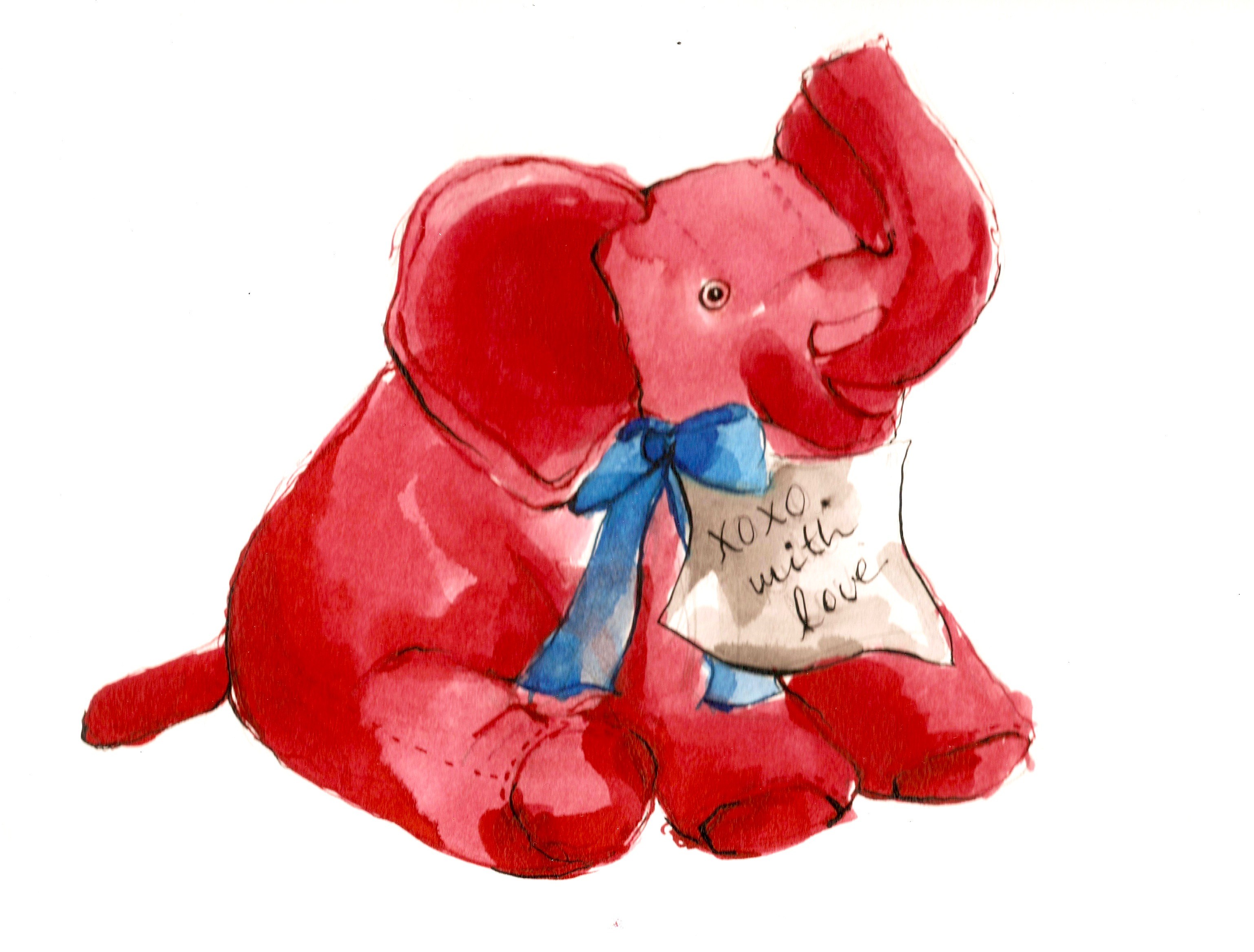Among other deeply instilled habits I’ve developed as a socially-anxious introvert, I make a point of not sharing my political opinions. Somewhere in the midst of the chaotic depression of high school, I found myself a political outsider in my liberal home state of Massachusetts. I was convinced I would certainly become a victim of political violence upon arrival to the so-called leftist hordes of university, a fear ignited by the countless riots in response to conservative speakers at colleges across the country. There’s a misconception in conservative circles that there is no need for safe spaces. However, with the prevalence of violent polarization and the social precedent it sets, everyone needs a sanctuary among the mayhem, conservatives included.
My concerns are perhaps overwrought, but I never got over the lingering fear that the outing of my political beliefs would sever ties with those who love me the most. This fear was only amplified during the 2016 American presidential primaries, when my mother made an uncomfortable habit of pointing out my support for Republican candidate John Kasich to my extended family. This was often met with the well-meaning but overtly-patronizing remark that, surely, I was just mistaken. When my grandfather passed away, I was haunted by the idea that, had I spoken out about my politics when he was alive, he would have had a similar reaction.
Politics has a way of breaking the boundaries of unconditional love. Beyond unfriending Facebook friends with opposing political opinions after elections, the experience of being cut off from one’s family as a result of divergent political views has too often become a reality. As American Thanksgiving looms, so do the articles on how to cope with a loved one being a Trump supporter. As politics are increasingly viewed as synonymous with morality and values, splitting from family members with differing political opinions seems to have materialized as an ethically-viable position. Dehumanizing Republicans has become both morally acceptable and the progressive norm.
The theoretical gap between moral values and stances on government policies is often neglected. Believing in something universal, such as wanting to help others, means different things for different people in the realm of politics. Being for or against gun control does not affect the general stance that mass shootings are abhorrent and unnecessary tragedies. Regardless of political beliefs, most people ultimately want the best for themselves and those they love.
It’s hard for people to separate arguments and ideas from the individuals pronouncing them. People avoid open debates because of their uncomfortable tendency to strain relationships. In the predominantly centre-left university context, this affects who chooses to speak up, and, at a more fundamental level, who feels safe to do so.
After two years at McGill, I have found environments in which open debates are both appreciated and encouraged. Events at McGill such as Freedom Week, run by the Institute for Liberal Studies, supplies a long series of lectures on libertarian topics and is open to undergraduate and graduate students of various political leanings. I’ve also found clubs such as Conservative McGill, as well as friends with similar views. Finding those groups has given me the confidence that I never thought I would have to speak out in class and conferences. For our emotional well-being, we all need a place to feel at home.








It is ahistorical to imagine that social consequences of holding certain political opinions are new because it happens to be you that is currently experiencing them: your country fought a civil war on matters of “policy,” as a consequence of which family members took up arms against one another. People threw firebombs into churches over policy. People fire missiles into weddings because of policy. People put children into cages over policy. I’m sorry Thanksgiving might be awkward for you though. That’s tough.
I can sympathize with your desire for a gun-rights advocate’s belief that mass shootings are bad to absolve her from further moral scrutiny, notwithstanding her desire to do anything meaningful to stop them. I have no doubt that at least some people who commit mass shootings shared “the general stance” that mass shootings are bad. It’s a comically low bar to set for yourself.
I am struggling to think of any policy issue, now or in recorded history, that isn’t in some way the application of ethics/values to real life. That’s what government is. The policies you want enacted, or not enacted, do say a great deal about the kind of world you want, the kinds of injustices you willing to let others suffer, and the kind of person you are. Principles truly held and worthy of the name are worth suffering social sanction for. It’s hard to avoid the conclusion that you do not believe yours are.
If one were to hold the view “murder is morally wrong” but vocally supports someone that advocates to bomb Syria and Iraq, then their ethics fail to be action guiding and are rendered benign. To separate politics and ethics is to slip into ethical relativism (e.g. ‘I wouldn’t do this, but you can because that’s your ethics). You say that people are *increasingly* tying morality and politics, but people have been doing so since the very early days of political thought (like Aristotle, and even before). Conservatives tie ethics to politics as well; they do not try to outlaw abortion for fun, they do so because they think it is morally wrong and that those morals should inform the way we structure our political society. So let’s say I hold the ethical belief that ‘racism and anti-Semitism is morally wrong.’ That should, in most ethical systems, imply that I think others have an obligation to not be racist and anti-Semitic. That means that people who support a President that calls racists and anti-Semites ‘very fine people’ are being immoral. Divorcing one’s character from one’s value system is not a realistic conception of morality or politics.
Even during the atrocious Bush era I would have allowed that it was ok to agree to disagree with a Republican. Not anymore. The Republican Party is now the Trump Party. His toxic brew of racism and contempt for basic democratic norms and institutions has infected the entire party to its core. If you continue to call yourself a Republican even in the age of Trump, you’re no moderate. If you were actually a nice Kasich Republican, you’d have jumped ship a while ago. You are a fascist. You take pleasure in the pain and cruelty wrought by Trump. You like it when refugees are tear gassed and Jews massacred at synagogues. Fascists like you must be systemically dehumanized.
It’s revealing that you can’t even invent plausibly outrageous things a straw-man liberal might say that are anywhere near as grotesque as the things you actually have said as a Trump supporter. Again: your Disqus bio is visible, and linked to your twitter, ABM. You’re *really* bad at this.